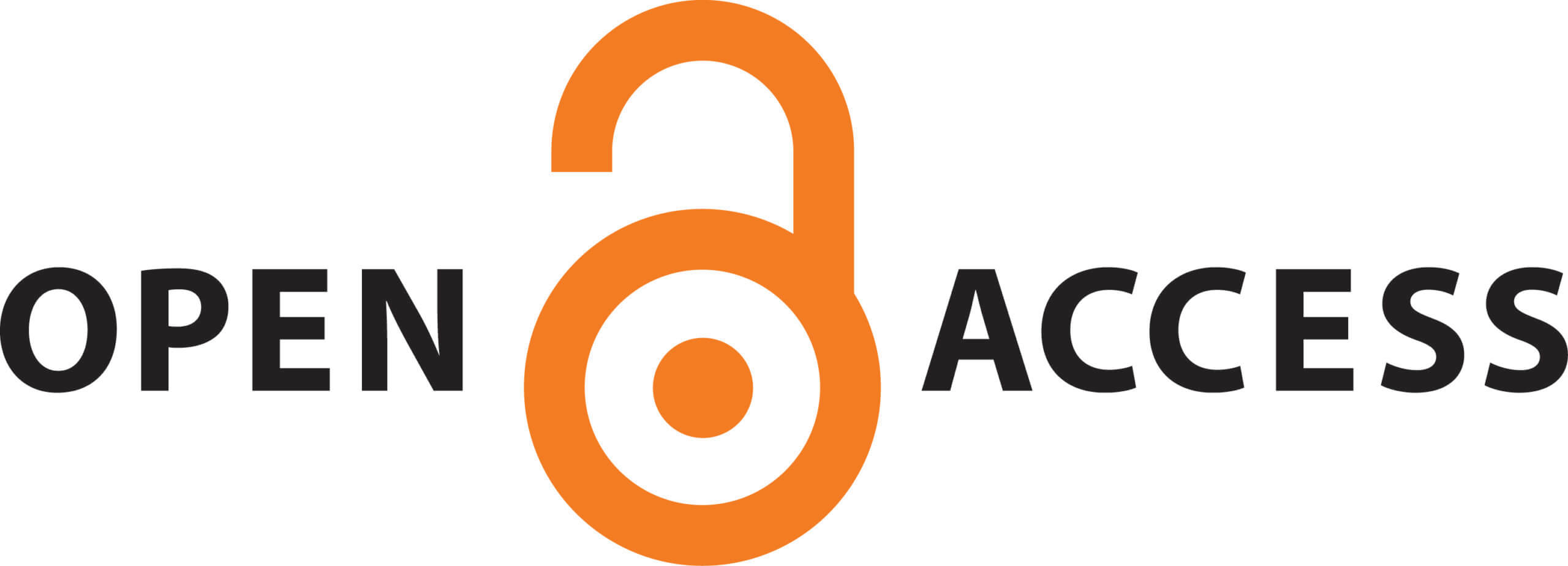Vol. 2 No. 1 (2024): UCP Journal of Business Perspective

The current issue of UCP-JBP showcases a wide range of research that tackles diverse modern challenges in different knowledge and practice domains. The research articles in this edition demonstrate a profound dedication to comprehending and enhancing the methodologies employed in financial institutions, legal professions, educational settings, and societal dynamics. The first study explores the ongoing problem of second-generation gender bias among female lawyers, a crucial topic in the current discussion on gender equality in the legal field. Through an in-depth examination of the various elements at work, this study illuminates the obstacles that impede women's progress in the legal profession, particularly in societies shifting away from patriarchal norms. The second paper explores the challenges of the post-COVID-19 era, explicitly focusing on the effects of social media usage on students' academic performance and mental well-being. The study's findings highlight significant concerns regarding the negative impact of excessive social media usage and acknowledge its potential to enhance scholarly productivity. These studies significantly contribute to their fields, offering theoretical advancements and practical recommendations that will interest academics, practitioners, and policymakers. From the organizational behaviour perspective, the third study investigates the effects of participative leadership style on employee performance, specifically within educational institutions. The findings highlight the significance of promoting employee learning as a mediator, thus connecting leadership theory and practical application to improve organizational performance. Expanding the scope further, the fourth paper delves into the financial efficiency of Islamic banking branches compared to their conventional counterparts. It provides valuable insights into the strategic decision-making processes of traditional banks considering the establishment of Islamic branches. This research is important given the increasing attention paid to Islamic financial practices and the State Bank of Pakistan’s active support for Islamic finance. The fifth paper examines how fintech and financial inclusion can help reduce income inequality. This study showcases the immense potential of cutting-edge financial services in fostering economic equality, underscoring the importance of targeted investments in research and development to capitalize on the advantages of financial technology fully.






